Universities’ Financial Crisis Leaves Women in the Firing Line
Structural inequities and neglect of career development threaten to turn back clock
Send us a link
Structural inequities and neglect of career development threaten to turn back clock
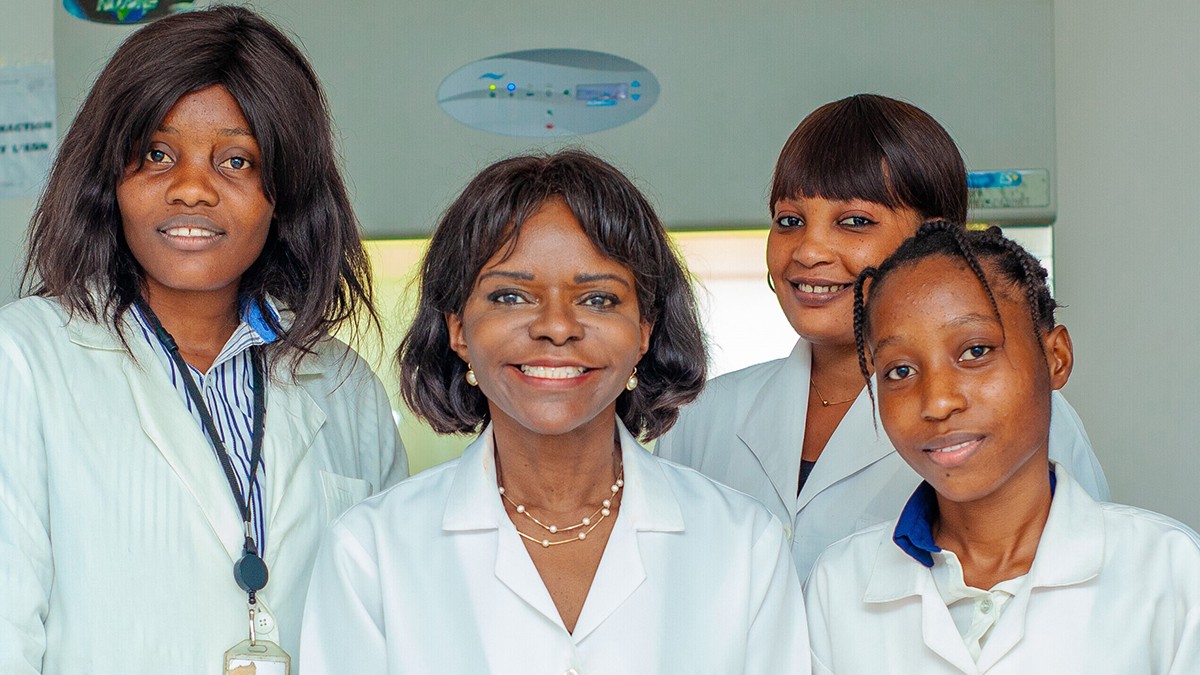
If elected, Claudia Sheinbaum Pardo would bring an extensive background in science and engineering to Mexico’s presidency. But many researchers are anxious about how she would govern.

Strong evidence suggests that women are not cited less per article than men, but that they accumulate fewer citations over time and at the career level. Cary Wu argues that a focus on research productivity is key to understanding and closing the gender citation gap.

Denmark has the largest share of female scientists and engineers, and Hungary the smallest.
Drawing on a natural experiment that occurred when German institutions lost access to journals published by Elsevier, W. Benedikt Schmal shows how female researchers made significantly different publication choices to their male counterparts during this period.

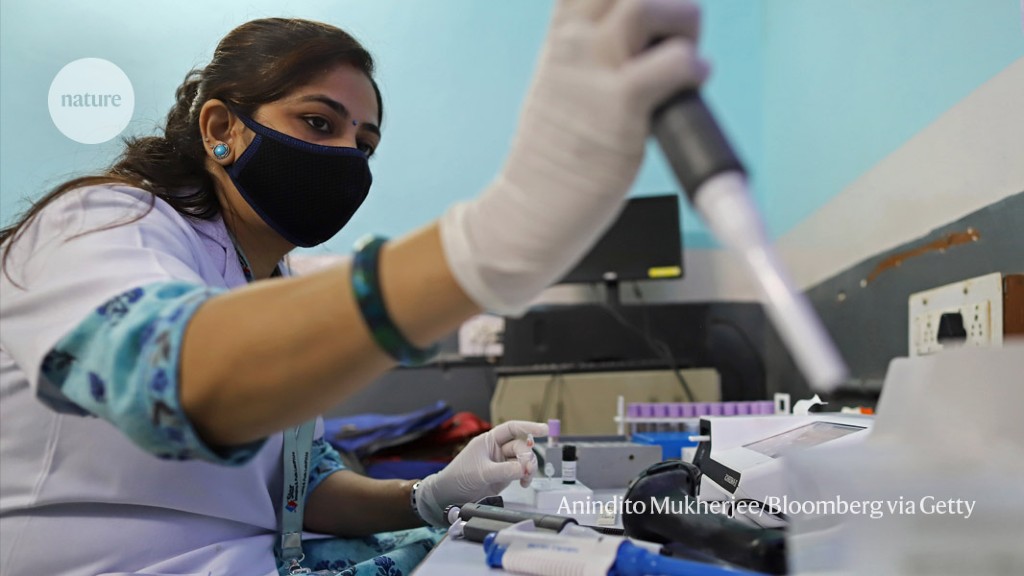
Women form just 16% of the nominees for next year's award, but Nobel laureate Prof Frances Arnold says gender balance will come through girls working in science from a young age.



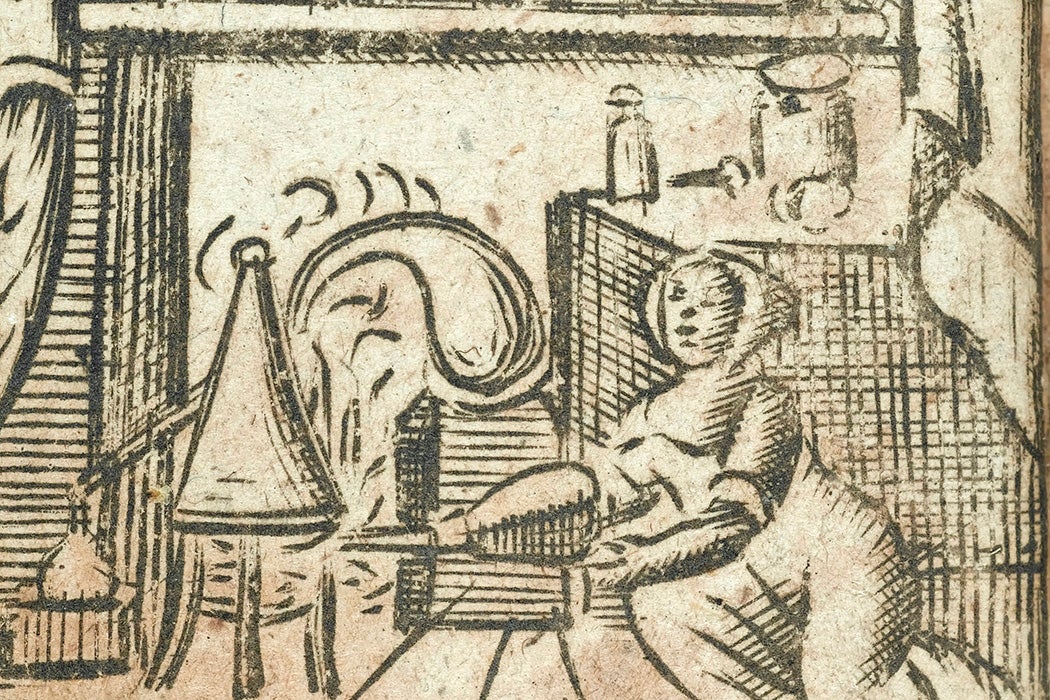
Tearing down ideas is central to scientific practice, but when it bleeds into the interpersonal, science loses its humanity.
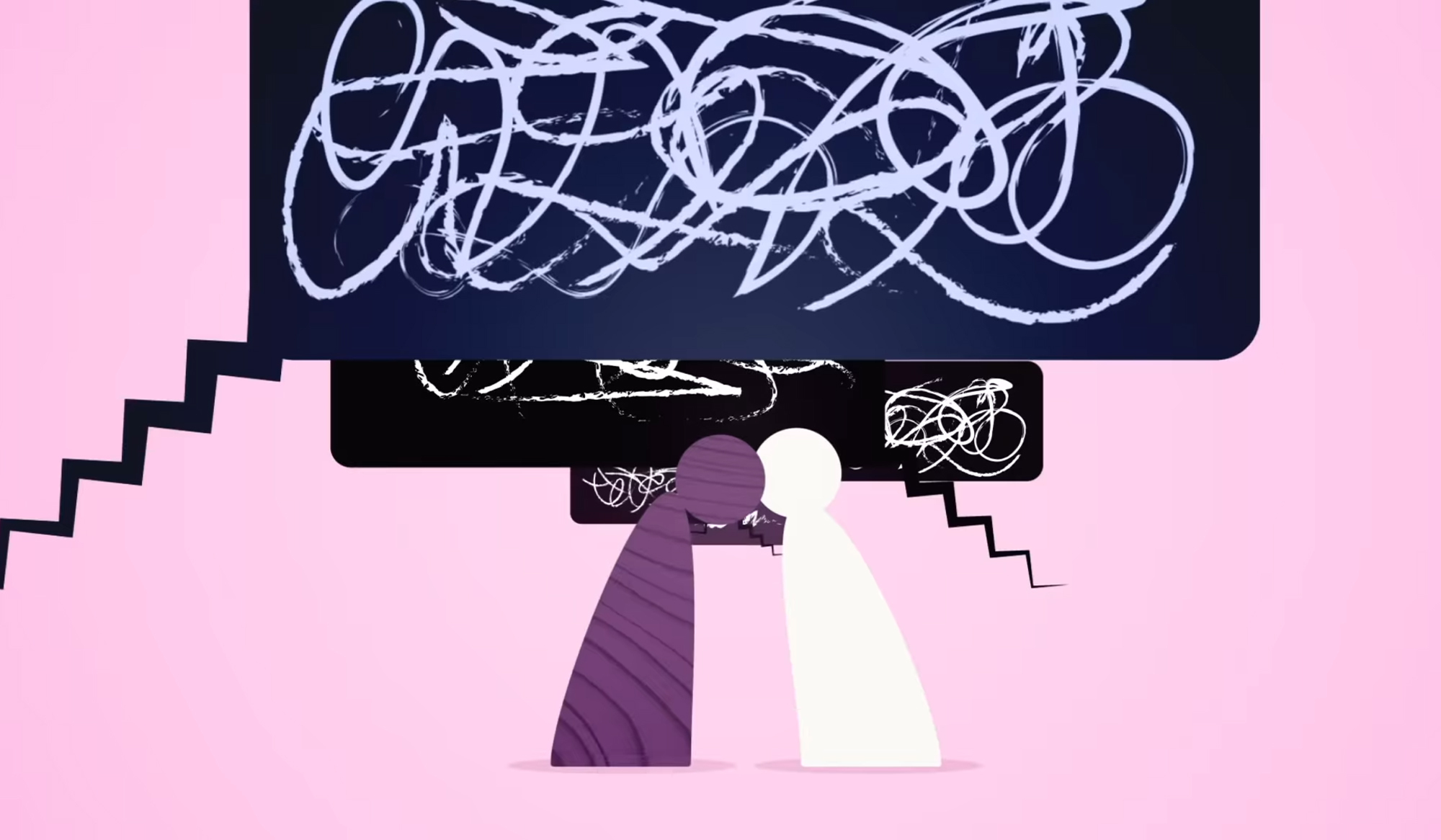

South Africa’s Lise Korsten to lead unsettled continental science body. The African Academy of Sciences has elected a new governing council headed by a woman—the first in the organisation’s 37-year history.

Women are less likely than men to pursue maths-related subjects due to preconceived notions about these fields, despite having comparable mathematical aptitude to men, according to a sociological study by the University of Zurich (UZH).
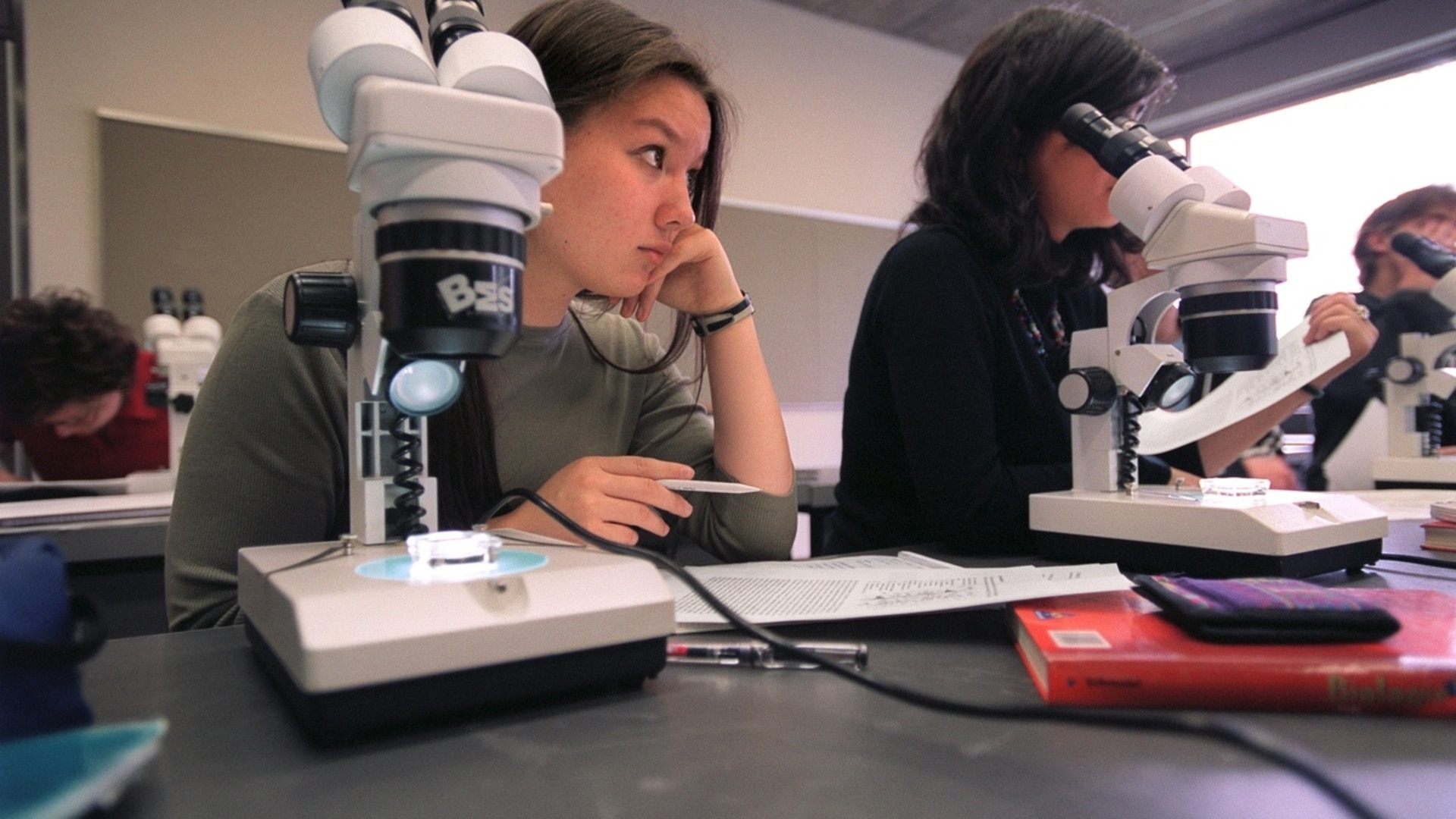
Nature asked six women researchers how they celebrate International Women’s Day.
Film-makers should retire the cliche of the lone male scientific genius.

Mothers in academic research and those who support them say in a report that the funding system can and should remedy gender bias in the sciences.

When women refuse requests to do unrewarded tasks, another female colleague often gets asked instead.

Two studies of citations in physics highlight factors contributing to this gender disparity.
Depictions of women in STEM are powerful sources of inspiration for young women who aspire to a career in those fields. But stereotypes of female scientists persist, and we have some way to go to vanquish them.
What are the factors in women publishing less than men do in science? Or is the issue that women are credited less in science than men?
"Now, I see that even the woman has a life."

A study of the culture in academic workplaces suggests that women and PhD students are most likely to be bullied.

Disparities extend to lower chance of being named on patents and to areas such as healthcare where women dominate
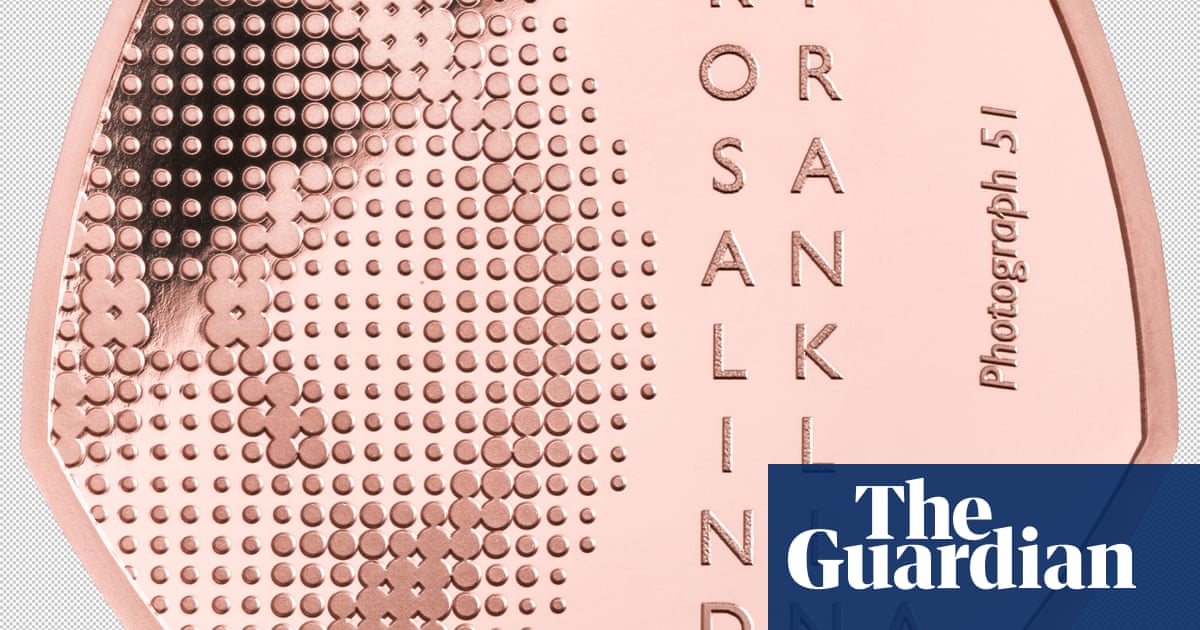
Data reveal that to earn credit on scientific articles, women need to work harder than men.
